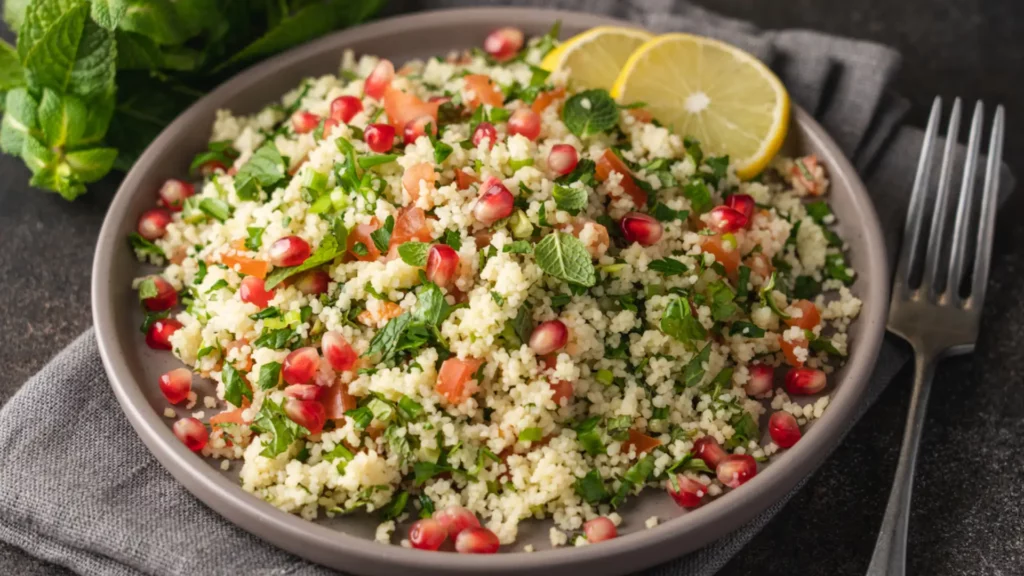Tabouli salad, a beloved dish originating from the Middle East, holds a rich history and cultural significance that spans centuries. From its humble beginnings as a simple peasant dish to its modern-day status as a staple in Middle Eastern cuisine, tabouli has evolved and adapted over time, reflecting the traditions and flavors of the region. Let’s delve into the fascinating history and cultural significance of tabouli salad.
The Origins of Tabouli
The exact origins of tabouli are somewhat elusive, but it is believed to have originated in the mountains of Lebanon and Syria, where bulgur wheat, the main ingredient in tabouli, was commonly grown. Originally, tabouli was a simple peasant dish made with bulgur wheat, parsley, mint, tomatoes, onions, and olive oil. Over time, as trade routes expanded and ingredients became more accessible, tabouli spread throughout the Middle East and beyond, evolving into the dish we know today.
The Evolution of Tabouli
As tabouli spread to different regions, it underwent various adaptations and modifications based on local ingredients and culinary traditions. In some regions, additional herbs such as cilantro or basil may be added, while in others, ingredients like cucumber or radishes are included for added crunch and flavor. Despite these variations, the core ingredients of tabouli remain consistent, reflecting its roots in Middle Eastern cuisine.
The Cultural Significance of Tabouli
Tabouli holds significant cultural importance in the Middle East, serving as a symbol of hospitality, tradition, and community. It is often served at celebratory events such as weddings, festivals, and family gatherings, where it brings people together to share food and fellowship. In addition to its cultural significance, tabouli is also prized for its health benefits, as it is rich in vitamins, minerals, and antioxidants, making it a nutritious addition to any meal.
Preserving Tradition Through Tabouli
In today’s fast-paced world, traditional dishes like tabouli serve as a link to the past, preserving cultural heritage and culinary traditions for future generations. By preparing and sharing tabouli, individuals can connect with their roots, celebrate their heritage, and pass down cherished family recipes from one generation to the next. In this way, tabouli not only nourishes the body but also feeds the soul, fostering a sense of belonging and connection to one’s cultural identity.
Conclusion
Tabouli salad is more than just a dish; it is a testament to the rich history and cultural heritage of the Middle East. From its humble beginnings to its modern-day popularity, tabouli has remained a beloved staple in Middle Eastern cuisine, cherished for its flavors, traditions, and health benefits. By understanding the history and cultural significance of tabouli, we can appreciate not only the dish itself but also the vibrant tapestry of culture and tradition that it represents.
LEARN MORE:
Creative Twists on Traditional Tabouli: Adding Unique Ingredients
Tabouli Through the Seasons: Fresh Ideas for Every Time of the Year

